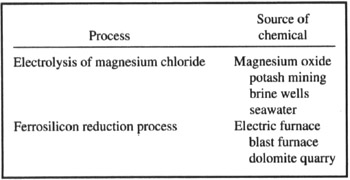...
2025-08-16 15:02
2526
...
2025-08-16 14:42
2795
...
2025-08-16 14:23
1831
...
2025-08-16 14:15
983
...
2025-08-16 13:31
176
...
2025-08-16 13:19
638
...
2025-08-16 13:12
1361
...
2025-08-16 13:00
2732
...
2025-08-16 12:43
1407
...
2025-08-16 12:41
501

